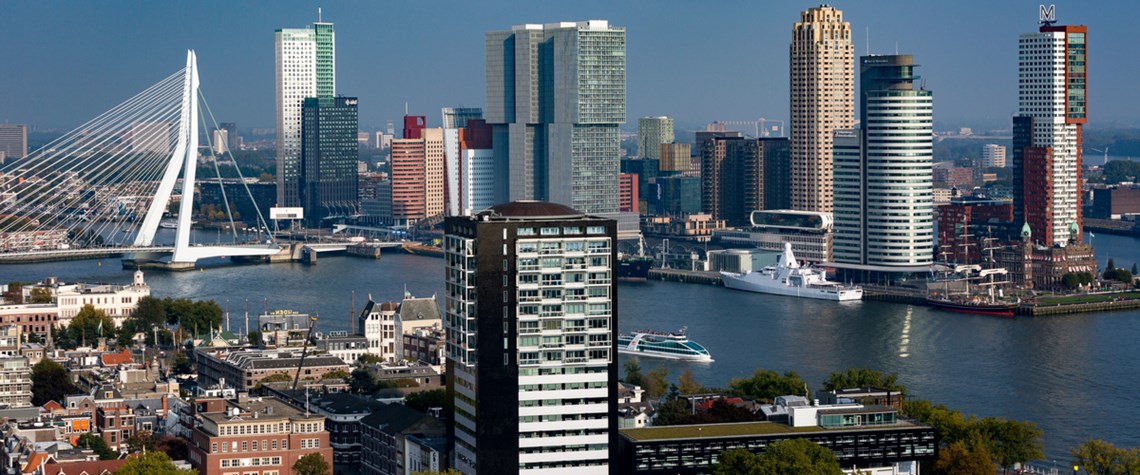Port of Rotterdam mulls bio-LNG plant
Europe’s largest port wants to expand into bio-LNG production and bunkering, expecting demand for LNG as a marine fuel to continue to rise
The Port of Rotterdam, Europe's largest, is considering building a bio-LNG production plant in a bid to offer more sustainable products in its thriving LNG bunkering business, the port’s head of business intelligence for liquid bulk, Ronald Backers, tells Transition Economist. Bio-LNG is produced by liquefying biomethane, a gas obtained using renewable resources such as organic waste or manure. There is growing demand, especially within the transport sector, for bio-LNG to lower the super-cooled fuel’s carbon footprint. Consultancy Guidehouse estimates that global bio-LNG demand from the shipping sector could reach 461TWh by 2050. “We are looking at bio-LNG possibilities, both production and

Also in this section
9 January 2026
A shift in perspective is needed on the carbon challenge, the success of which will determine the speed and extent of emissions cuts and how industries adapt to the new environment
2 January 2026
This year may be a defining one for carbon capture, utilisation and storage in the US, despite the institutional uncertainty
23 December 2025
Legislative reform in Germany sets the stage for commercial carbon capture and transport at a national level, while the UK has already seen financial close on major CCS clusters
15 December 2025
Net zero is not the problem for the UK’s power system. The real issue is with an outdated market design in desperate need of modernisation







